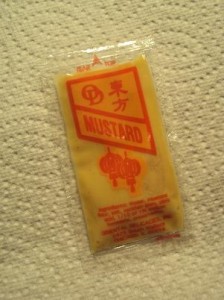Some people favor autumn over other seasons, but many more prefer summer with its beach-worthy days and balmy evenings. I’m in that camp.
Last week my kitchen thermometer dipped into the 30’s overnight, unseasonably cold for the Midwest in early September. It was a glimpse of much colder days immediately ahead. Although September is lovely, it prompts sadness over August’s demise.
Today when Jack and I went walking on the beach, 20 mph winds whipped around us, and I was glad to be zipped into a winter coat. Temperatures weren’t extreme, still in the high 50’s, but the beach felt chilly. I laughed, remembering how the same temperature feels warm in April or May. When it gets “that warm,” we dig out our capris and sandals. I suppose that’s because in spring we still have our winter skins on, after muscling through bona fide cold.
Now it’s time to get used to falling temps again, and that doesn’t feel so good. The same holds true for life’s emotionally cold, harsh seasons.
Once in a while God lets winter winds buffet us, causing us to mourn the loss of warmer, cheerier times. We’re forced to leave a pleasantly warm emotional season and enter a ruthless cold one, usually against our wishes. My many new widow friends feel this way. None were ready to say goodbye to their men or to go-it-alone. But God allowed death to come anyway, and each wife found herself in the unwelcome season of widowhood.
Some of the women tried to bargain with God: “Please, Lord, don’t take my husband! If you do, then take me, too. I can’t possibly live without him.”
A few prayed, “Transfer his illness to me. Do anything you want to me, but just don’t take him!” And yet God did, bringing in a wintry season of deep loneliness and forced change.
So they struggled along, doing what had to be done, feeling what had to be felt. Then one day they realized they’d found a bit of relief from grief, and after the first year, actually felt hopeful. This isn’t to say they’d stopped missing their men. But signs of spring’s emotional thaw began at about that time, and “I can’t” slowly moved to “I can.”
This is true for most of life’s crises. Time spent squaring off with the undesirable changes and tackling the new beginnings gradually mitigates the negative impact. And one day, a widow who said, “Oh, Lord, anything but that!” finds herself smiling again as her heart moves into a new summer season.
God allowed her to experience winter winds, but he was also faithful to bring spring blossoms. So when we’re tempted to grieve the passing of our favorite season, we should remind ourselves God will eventually bring it around again, outside our windows and inside our hearts.
“I will send down showers in season; there will be showers of blessing. They [his people] will live in safety, and no one will make them afraid.” (Ezekiel 34:26b,28b)





